Frontlist | A fascinating footnote from India’s freedom struggle
Frontlist | A fascinating footnote from India’s freedom struggleon Feb 08, 2021
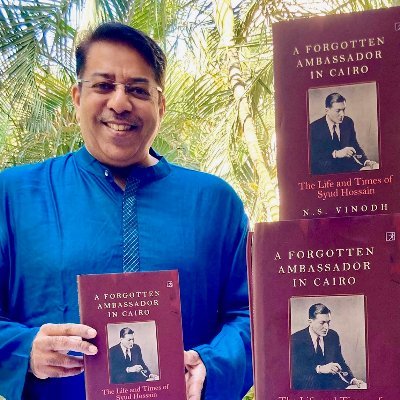
N.S. Vinodh's 'A Forgotten Ambassador in Cairo: The Life and Times of Syud Hossain' is about a man who played an important – if supporting – role in the independence struggle.
In group photographs with prominent people, there are always several persons who stand in the background, captured in the same frame as the great leaders, but who themselves remain unnamed and unknown. They are familiar only to close friends or family members who proudly point to their picture and mention their brief connection with major movers of history. N.S. Vinodh’s A Forgotten Ambassador in Cairo: The Life and Times of Syud Hossain is the biography of one such person – Syud Hossain (yes, that is how he spelt his name) – who, in his lifetime, was closely associated with Gandhiji, Motilal and Jawaharlal Nehru, Jinnah and Sarojini Naidu, and was also very briefly married to Vijayalakshmi Pandit, Nehru’s sister, later ambassador to Russia, the US and the UK, and governor of Maharashtra. And, yes, the book has a photograph of Hossain at the 1919 Congress session in Amritsar with stalwarts of the day – Tilak, Motilal Nehru, Annie Besant and Pandit Madan Mohan Malaviya; another with Kahlil Gibran from 1925, and still another from 1938 with Subhash Chandra Bose and Sarojini Naidu. But, without this biography, Hossain would have remained a mystery for most of us, even for devout students of the freedom struggle in which he was an active role-player, albeit in the UK and US. Political journalistBorn in 1888 and having a nawabi background from both his parents, with one side from Dhaka and the other from Calcutta, Hossain emerges as a handsome, attractive, urbane, sophisticated and even a romantic figure, at ease at the highest levels of Indian and Western society. In 1907, an early mentor described him as “one of the best scholars of English that the Calcutta University has produced”. He wrote regularly for The Statesman, which then had Benjamin Guy Horniman (1873-1948) as its assistant editor. They established a lifelong friendship and went on to collaborate in promoting the cause of India’s freedom through diverse newspapers.
May I end on a personal note? About 40 years ago, I held the modest post of Under Secretary (Property) in the Ministry of External Affairs, being responsible for the rent, purchase, construction and repair of our properties abroad. Once I received a request from our embassy in Cairo for funds to repair the tomb of our first ambassador, Syud Hossain. I recall I could get the usually tight-fisted “Finance” to approve the money required. In this book, the author has complained that the tomb is in poor condition. Perhaps, the embassy in Cairo could make a similar proposal to my present-day successor!



.jpg)






.jpg)

.jpg)
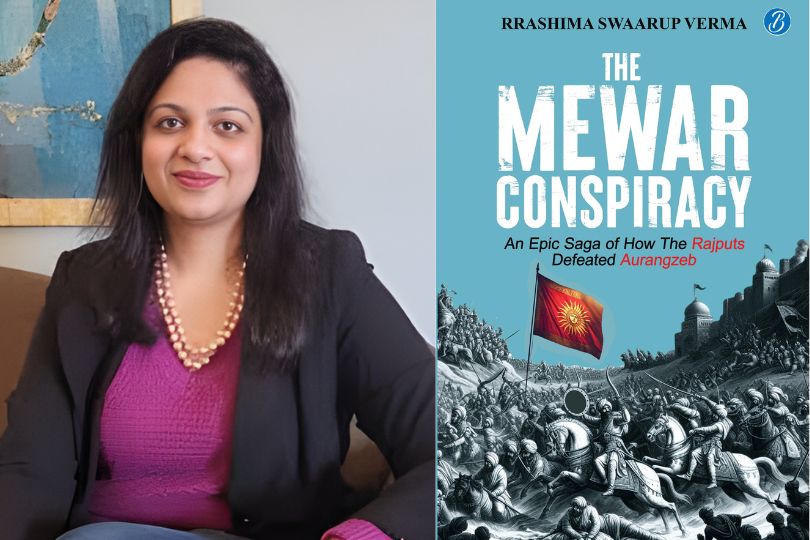
.jpg)
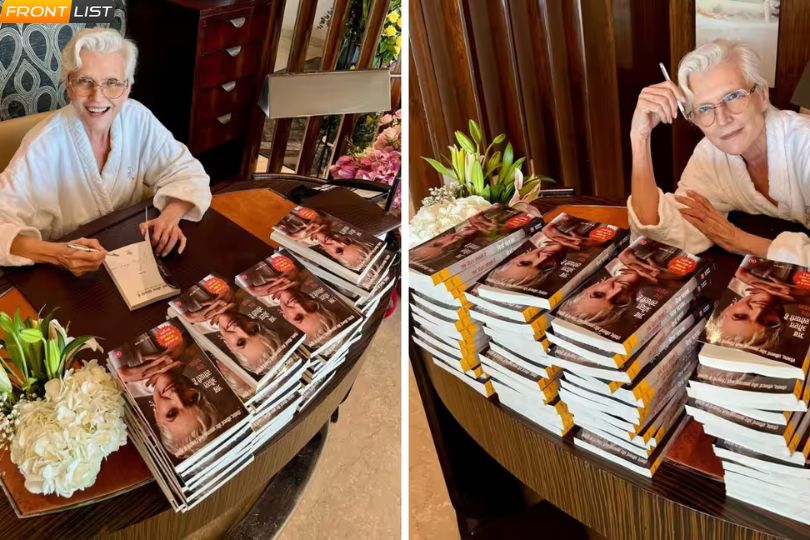
.jpg)
.jpg)


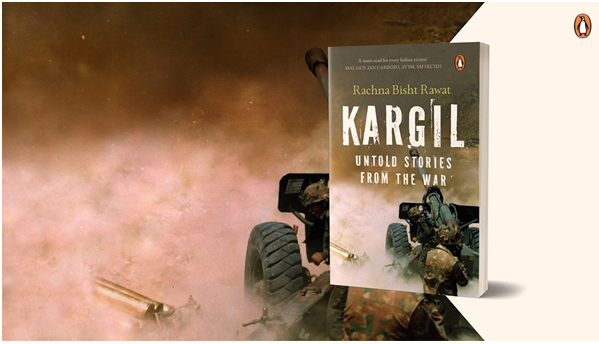
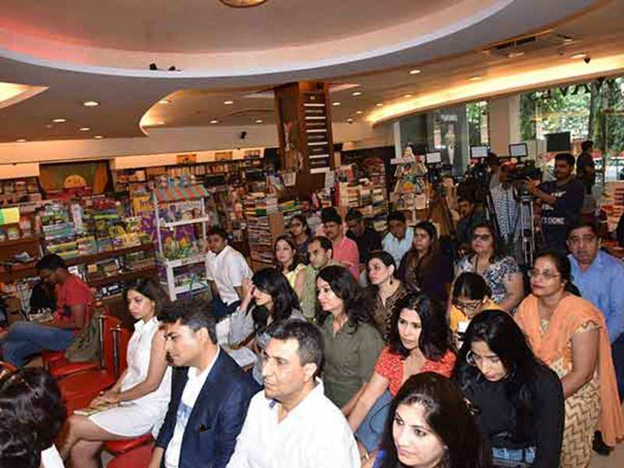


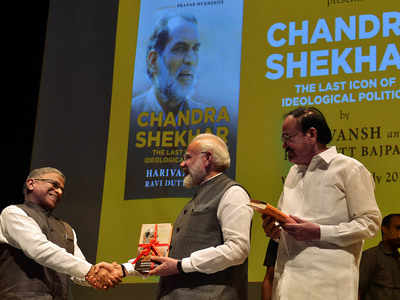


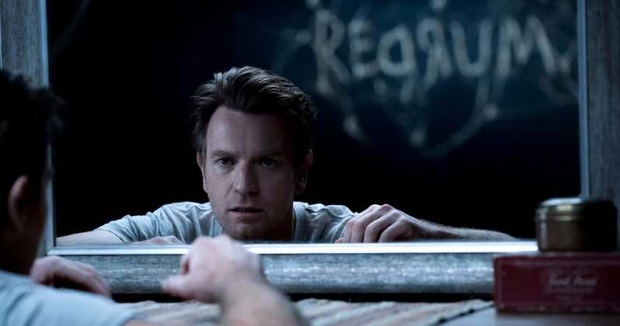
Sorry! No comment found for this post.